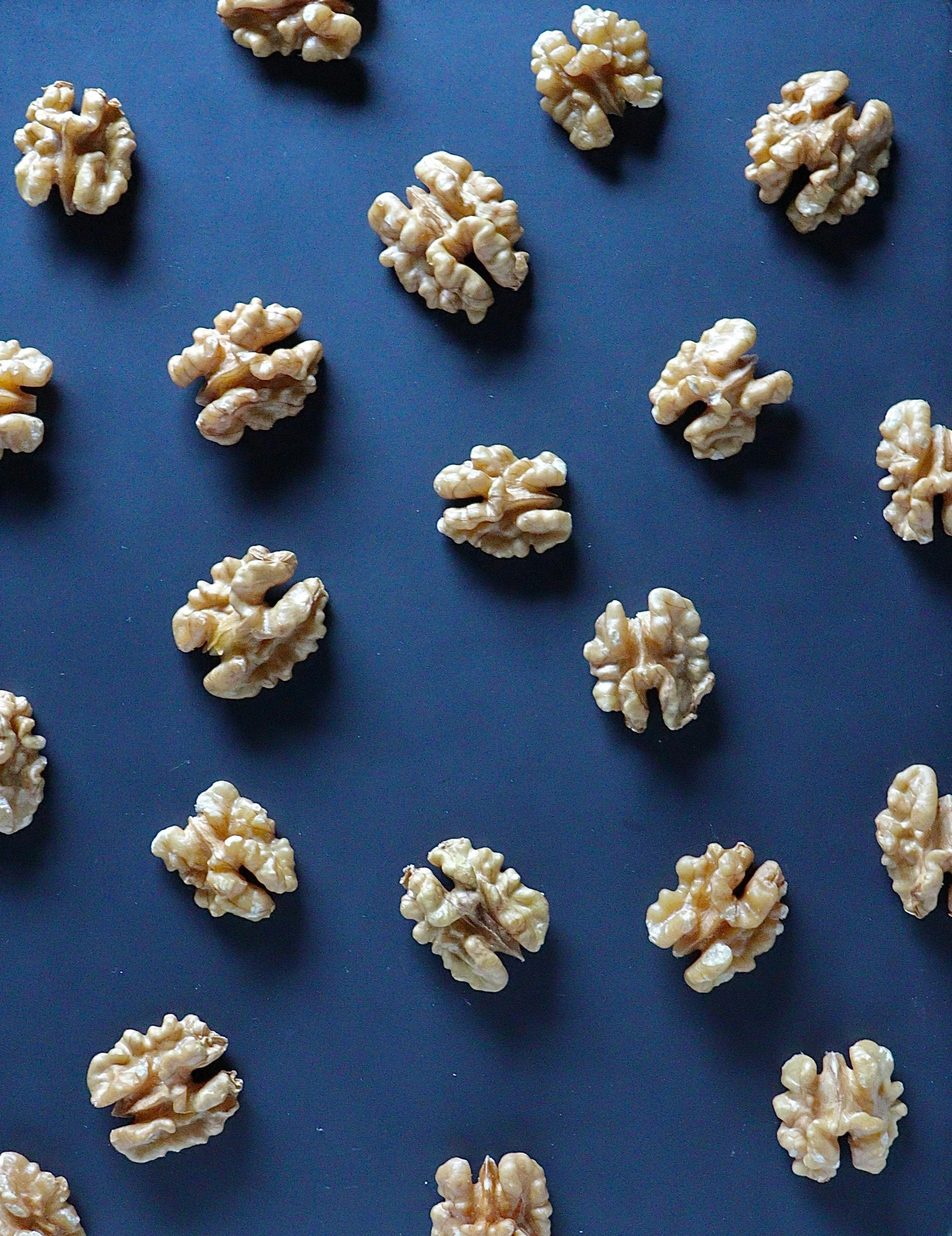Use It or Lose It: How to Keep Your Brain Sharp
If you want strong muscles, regular physical activity is essential—whether it’s exercise, strength training, or weight lifting. The phrase “use it or lose it” applies to muscle building and maintenance.
But what about your brain? While the brain isn’t a muscle—it’s composed of specialised cells called neurons—it follows a similar rule. Neurons communicate with each other by sending signals through chemicals known as neurotransmitters. Just like muscles, brain cells need to stay active to remain functional. If a neuron isn’t used or doesn’t connect with its neighbouring cells, it gradually loses its ability to function effectively.
Neuroplasticity means that your brain forms new connections and reorganizes itself based on experience. While learning might slow down with age, older brains can still develop new skills and retain knowledge, especially with practice and curiosity.
Keeping your brain sharp as you age is all about staying engaged, both mentally and physically. Here are some ways to boost cognitive function and keep your mind agile:
1. Keep Learning
Read books, take courses, or pick up new hobbies.
Learn a language or play a musical instrument—both are great for neuroplasticity.
2. Move Your Body
Exercise improves blood flow to the brain, reducing the risk of cognitive decline.
Activities like dancing, tai chi, and yoga improve coordination and memory. Even daily walks boost brain function by stimulating creativity.
3. Eat Brain-Boosting Foods
Omega-3s (found in fish, flaxseeds, and walnuts) support brain health.
Antioxidants (berries, dark chocolate) fight inflammation.
Green tea and coffee (in moderation) can enhance focus and alertness.
Don’t forget to drink plenty of water. The brain is around 80% water and needs adequate hydration to function properly.
4. Prioritise Sleep
Your brain consolidates memories and clears out toxins during sleep.
Aim for 7-9 hours of quality sleep each night.
Naps (20-30 minutes) can help with memory and creativity.
5. Challenge Yourself
Change up daily routines to keep your brain adapting. Adding variety to your daily routine can boost activity levels in your brain and make you feel happier.
Switching up your environment, even in small ways, can be highly beneficial. Try taking a different route to work, visiting a new coffee shop, or pausing at a park you usually pass by.
By integrating brain exercises into your daily routine, you can challenge your mind, strengthen cognitive skills, and even discover something new and enriching along the way.





